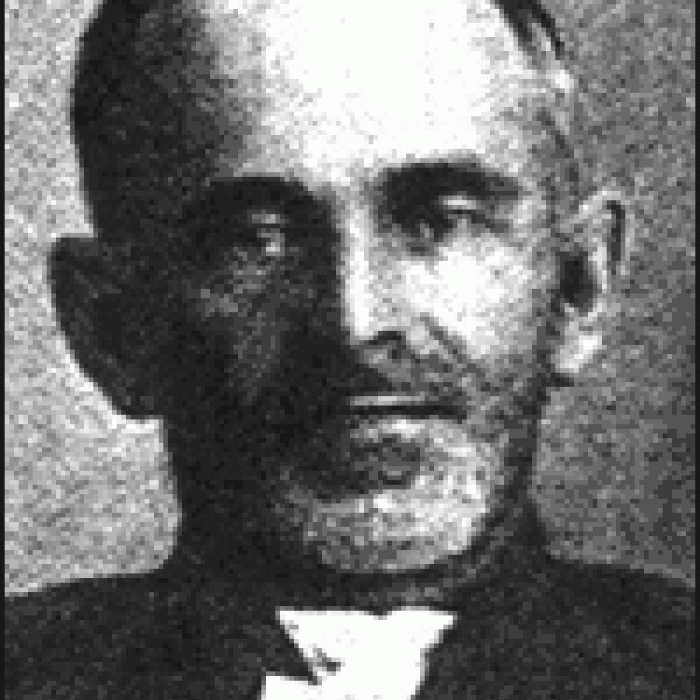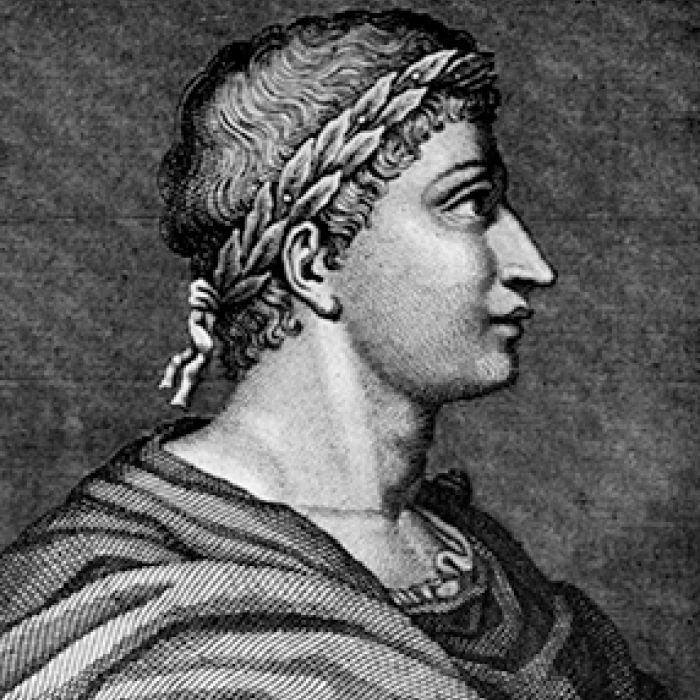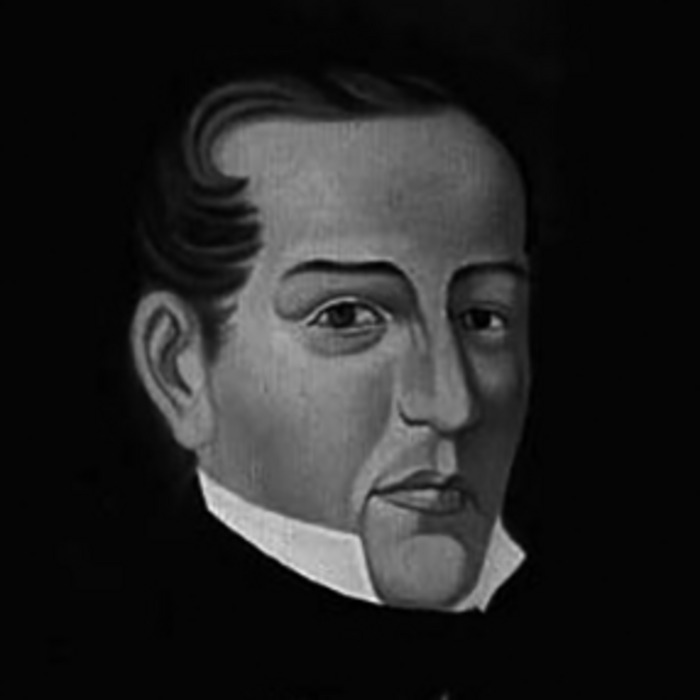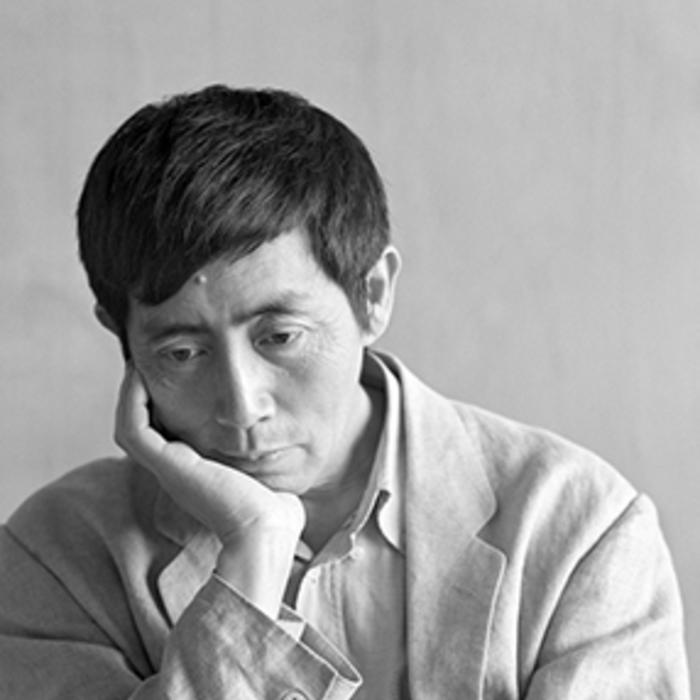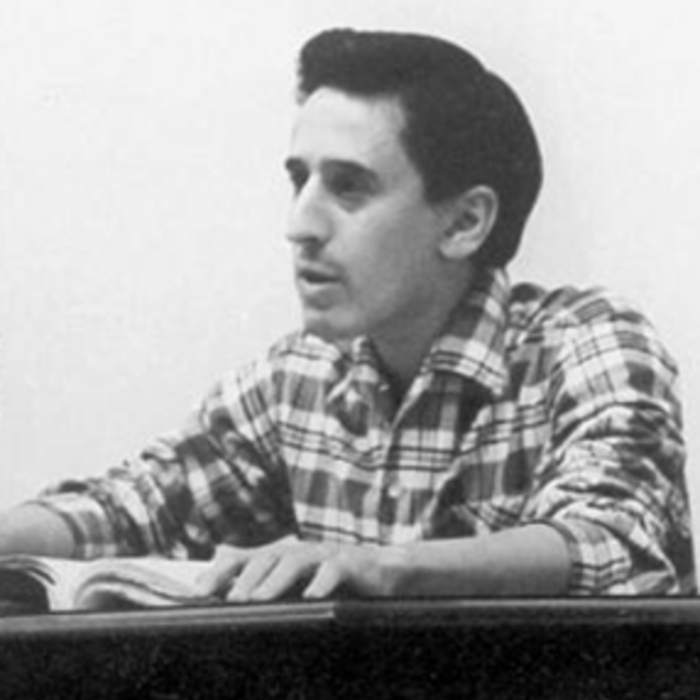Joseph Brodsky
Joseph Brodsky was born in Leningrad on May 24, 1940. He left school at the age of fifteen, taking jobs in a morgue, a mill, a ship’s boiler room, and a geological expedition. During this time, Brodsky taught himself English and Polish and began writing poetry.
Brodsky was exiled from the Soviet Union in 1972 after serving eighteen months of a five-year sentence in a labor camp in northern Russia. According to Brodsky, literature turned his life around. “I was a normal Soviet boy,” he said. “I could have become a man of the system. But something turned me upside down: [Fyodor Dostoevsky’s] Notes from the Underground. I realized what I am. That I am bad.”
Before leaving the Soviet Union, Brodsky studied with the beloved Russian poet Anna Akhmatova. After his exile, he moved to America, where he made homes in both Brooklyn and Massachusetts. There, according to fellow poet Seamus Heaney, he lived “frugally, industriously, and in a certain amount of solitude.”
Celebrated as the greatest Russian poet of his generation, Brodsky authored nine volumes of poetry, as well as several collections of essays, and received the Nobel Prize for Literature in 1987. His first book of poetry in English translation appeared in 1973.
In addition to teaching positions at Columbia University and Mount Holyoke College, where he taught for fifteen years, Brodsky served as poet laureate of the United States from 1991 to 1992. In 1993, he collaborated with Andrew Carroll to found the American Poetry & Literacy Project, a not-for-profit organization devoted to making poetry a more central part of American culture, “as ubiquitous,” in Brodsky’s words, “as the nature that surrounds us, and from which poetry derives many of its similes; or as ubiquitous as gas stations, if not as cars themselves.”
Joseph Brodsky died on January 28, 1996, of a heart attack in his Brooklyn apartment.

